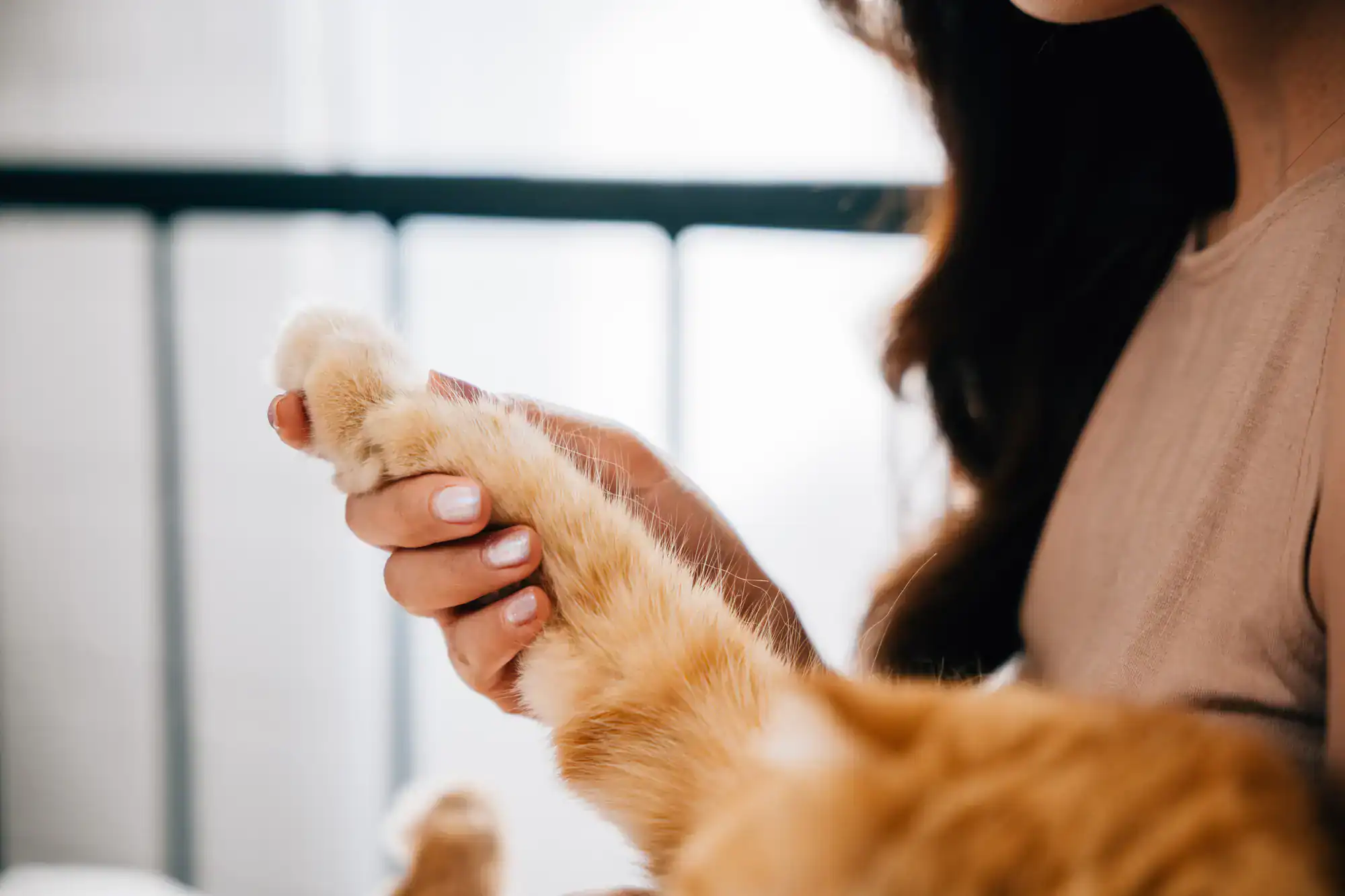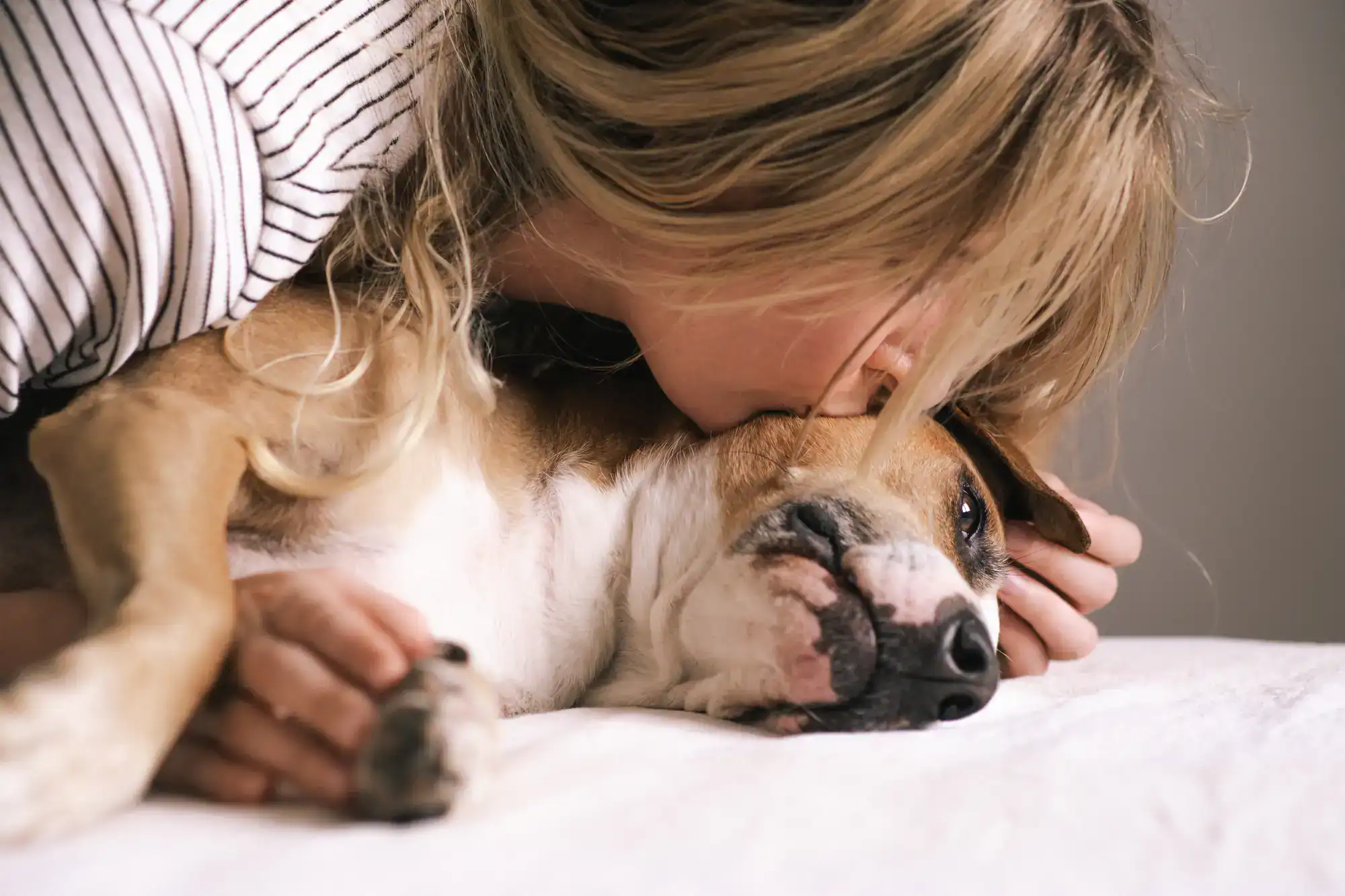Pet Loss Support in Magnolia Park, TX
Finally, Someone Who Understands Your Grief
Your pet wasn’t “just an animal” – and your grief isn’t something you need to get over quickly.

Hear from Our Customers

Pet Grief Counseling Magnolia Park
You’ll stop feeling alone in your grief. The overwhelming waves of sadness, guilt, and emptiness that hit at random moments become manageable when you have people who truly understand what you’re going through.
You’ll have permission to grieve as long and as deeply as you need. No more apologizing for crying over your dog three months later or feeling embarrassed about keeping their collar on your nightstand. Your grief timeline belongs to you.
Your children will understand what happened in ways that make sense for their age. They’ll learn that it’s okay to feel sad, that their pet loved them deeply, and that the memories they shared will always be treasures they can keep forever.
Pet Loss Resources Magnolia Park TX
Angel Oaks Pet Crematory has supported Harris County families through pet loss for over 35 years. We understand that in Magnolia Park, pets are family members who share your daily routines, comfort your children after school, and know your heart better than most people.
Our team includes two full-time veterinarians and grief support specialists who speak both English and Spanish fluently. We’ve walked alongside thousands of families during their most difficult moments, from the working families along Navigation Boulevard to the multi-generational households that make this community special.
We’re proud members of the American Association for Pet Loss and Bereavement because we believe in maintaining the highest standards for emotional support during grief. Your pain deserves professional care, not casual dismissal.

Coping With Pet Loss Support
First, we listen without judgment when you call or visit our facility. Whether it’s 2 AM and you can’t sleep because your dog’s favorite spot is empty, or you’re standing in your kitchen crying because you accidentally bought their favorite treats, we create space for whatever you’re feeling. Anger, guilt, emptiness, overwhelming sadness – it’s all welcome here.
Next, we connect you with resources that actually fit your situation. This might be one-on-one grief counseling with someone who speaks Spanish, information about support groups meeting in nearby communities, or materials to help your children understand what’s happening. We don’t hand you a generic pamphlet and send you home.
Then we help you honor your pet’s memory in ways that feel right for your family. Some families want memorial services, others prefer private reflection time, and some need help deciding what to do with their pet’s belongings. We follow your lead, not some predetermined process that doesn’t fit your heart.

Ready to get started?
Pet Bereavement Support Services Texas
Our pet loss support includes 24/7 phone availability for those crisis moments when grief hits hardest. You’re not limited to business hours when you need someone who understands that 3 AM is when the silence feels loudest and the absence feels heaviest.
We provide bilingual counseling resources specifically designed for Magnolia Park families. Our Spanish-speaking staff understands cultural perspectives on pet relationships and grief that many other providers completely miss. We know that in many Hispanic families, pets aren’t just companions – they’re guardians, confidants, and bridges between generations.
You’ll receive access to local support groups, educational materials about the grief process that actually make sense, and specific guidance for helping children cope with pet loss at different developmental stages. We also offer memorial service planning for families who want to celebrate their pet’s life with the same dignity they’d show any beloved family member.

